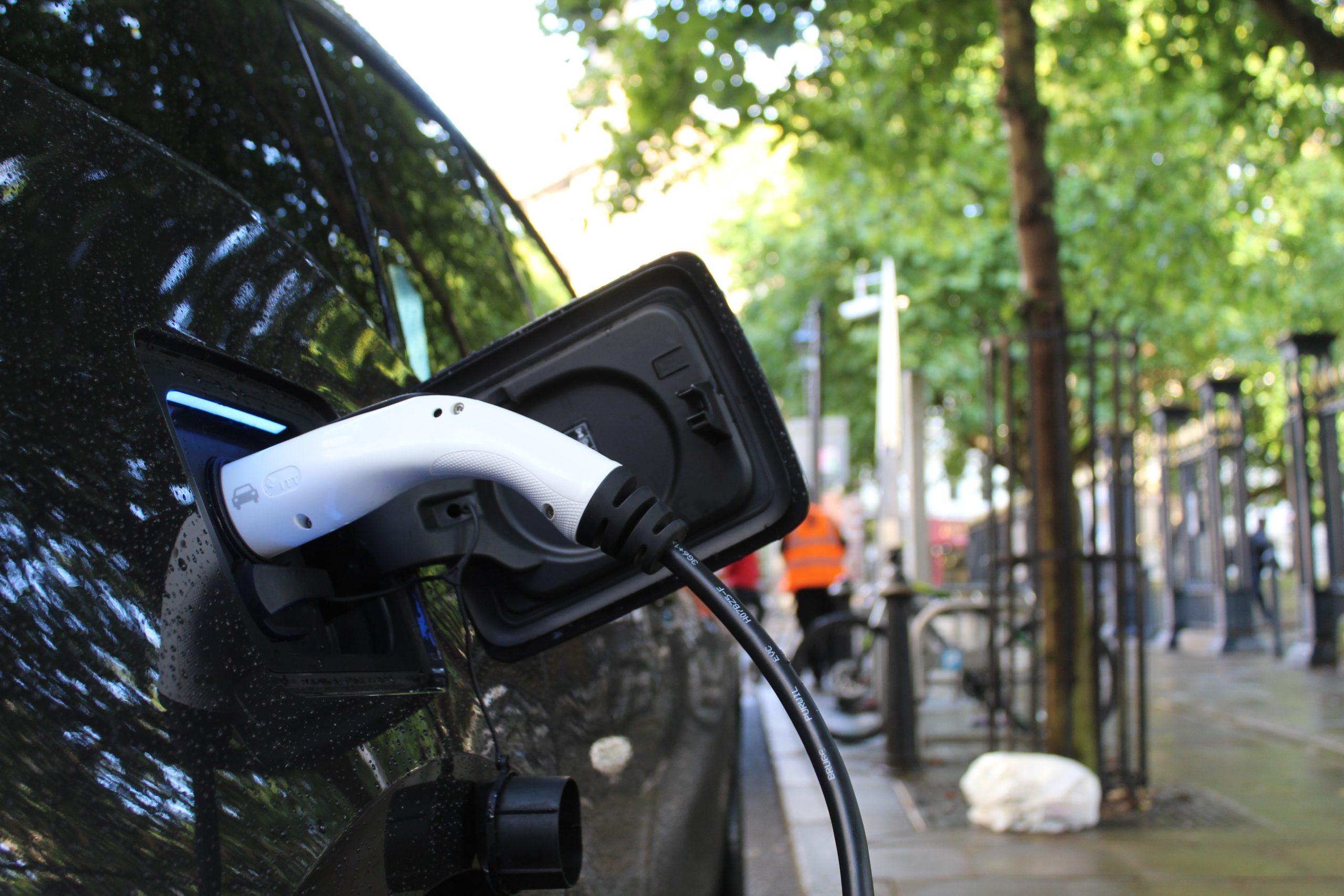California’s bold initiatives toward environmental sustainability are encountering an unexpected financial hurdle as the state anticipates a substantial decrease in revenue from gas taxes over the next decade.
A recent state analysis revealed that due to the adoption of stringent climate programs, including regulations promoting zero-emission vehicles, the state is poised to witness a staggering $6 billion decline in gas tax funding.
As the populace embraces electric vehicles and the gasoline demand diminishes, tax revenue takes a substantial hit.
The resultant drop in funding, estimated at $4.4 billion over ten years, prompts a crucial need for the government to identify alternative funding sources to sustain highway maintenance and transportation infrastructure projects.
While the state anticipates some relief from road improvement fees paid by electric vehicle owners, the impending shortfall remains a pressing concern.
The Legislative Analyst’s Office stressed the crucial need for both the legislature and the governor to develop creative and forward-thinking approaches to generate funding solutions that can effectively narrow and address the expanding financial deficit.
California’s Fiscal Crossroads

The report underscores the far-reaching implications, predicting a significant setback in highway conditions and local road maintenance unless new revenue streams are secured. Public transit initiatives, vital for California’s transportation landscape, also face the specter of reduced funding, potentially impeding progress toward sustainable transit options.
Frank Jimenez, a senior fiscal and policy analyst, highlighted the inevitable decline in fuel tax revenues attributed to the state’s ambitious pursuit of zero-emission vehicles and enhanced fuel efficiency.
With transportation funding heavily reliant on fuel taxes and vehicle fees, the projected 31% decrease in funding raises concerns about the sustainability of critical programs.
The report indicates substantial declines in gasoline and diesel taxes, signaling a potential crisis in financing highway maintenance projects, a cornerstone of the state’s infrastructure upkeep.
Facing a looming budget deficit, California stands at a crossroads, necessitating prudent fiscal decisions.
Balancing ambitious climate goals with maintaining infrastructure quality demands innovative solutions, possibly involving alterations in taxation, reallocating state funds, or exploring mileage-based charges.
As California endeavors to achieve its ambitious environmental targets, the report serves as a clarion call for policymakers to navigate the intricate balance between environmental stewardship and sustaining essential transportation infrastructure.


Comments are closed.